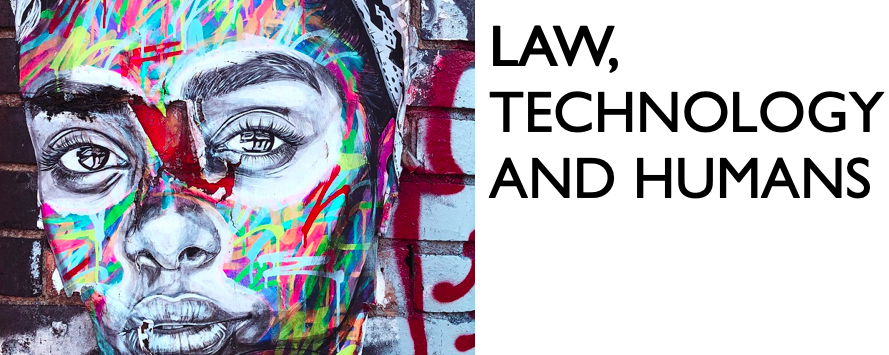A majority of MEPs expressed serious concerns about anti-counterfeiting treaty ACTA in a plenary debate ahead of Wednesday’s vote on whether or not to grant consent, which could kill the treaty as far as the EU is concerned. They were divided on whether it would be right to wait for a European Court of Justice (ECJ) opinion on the agreement’s compatibility with EU treaties.
Parliament’s rapporteur David Martin (S&D, UK), said “My strong recommendation is that we reject the ACTA treaty” and he reiterated concerns on how the treaty could be applied and interpreted.
While Mr Martin spoke of the importance of creative industries and artists to Europe, he criticised ACTA’s lack of a clear definition of “commercial scale” and warned that individuals could be criminalised and internet service providers pushed to monitor their customers’ use of the internet. “This time the devil is in the lack of detail. A vague text is dangerous and we cannot guarantee that civil liberties will be protected”, he concluded.
Karel De Gucht, European Commissioner for trade, said “A vote against ACTA will be a setback against our defence of intellectual property rights across the world” and underlined that it would be preferable if Parliament waited for the ECJ to give an opinion on the agreement’s compatibility with EU treaties before it takes a decision.
Christofer Fjellner (EPP, SE), said “We need international cooperation to prevent pirated goods and defend Europe’s competitiveness and ACTA is a good basis for that”. He argued that it would be “irresponsible” to vote for ACTA before the ECJ judgement. He also warned that a Parliament “no” to ACTA might weaken Europe’s voice in the world, making it harder, for example, to persuade India to take steps against counterfeit medicines.
Niccolò Rinaldi (ALDE, IT), criticised the Commission’s refusal to conduct an impact assessment before signing up to the treaty, as Parliament had asked in a November 2010 resolution. He said “The internet is a public good, like biodiversity and water. It is an area of individual freedom that should not be threatened by any type of rules”. He called on Parliament to pay heed to the massive mobilisation of citizens against the treaty.
Jan-Philipp Albrecht (Greens/EFA, DE), said rejecting ACTA would allow “a more open debate on how intellectual property rights are asserted in Europe, whether in the analogue or the digital world”. He hoped Parliament would send a strong message to the Commission, which had “hesitated, ignored and failed to inform us properly”.
Syed Kamall (ECR, UK), said in the digital age there are traditional businesses that are based on defending intellectual property and new approaches based on sharing it. “We should allow both business models to exist” he said, adding “Let us not move the goalposts when we have asked for the referral to the ECJ in the first place.”
Helmut Scholz (GUE/NGL, DE), said “Citizens have come to conclusion they don’t want ACTA”, adding that the internet is an important element in the functioning of European democracy. “Nowadays the whole concept of dealing with information and knowledge is changing and legislators should reflect that”, he said.
Tadeusz Cymański (EFD, PL), stressed that the tense debate on ACTA was taking place not only in Parliament but also on streets of Europe and that the protesters were “mostly young people who are afraid that they will not be able to access information and data that is currently available”. He also pointed that among young people there was a widespread lack of trust in public authorities and that the Parliament should respond to their concerns. Here to read more.


